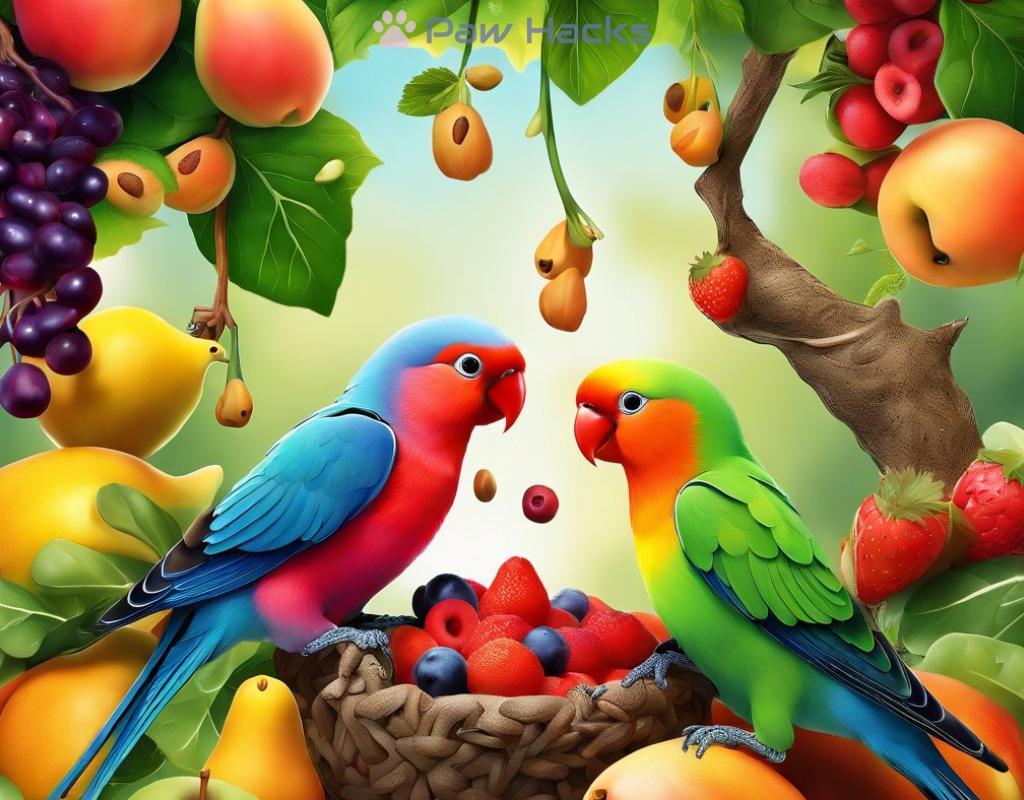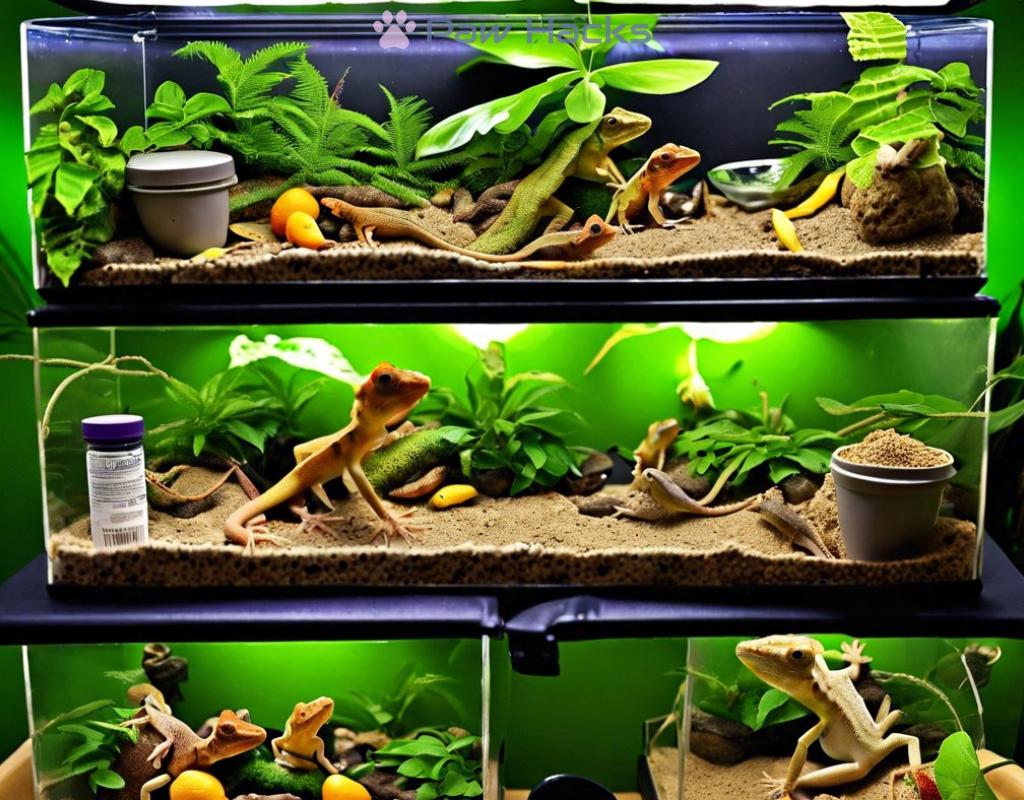Nutrition for Hairball Prevention in Cats
Hairballs are a common concern among cat owners, often leading to messy situations and potential health issues for our feline friends. These pesky formations occur when cats groom themselves and ingest loose hair, which can accumulate in the stomach. Understanding how to prevent hairballs through proper nutrition can significantly improve your cat’s health and comfort.
One of the primary reasons for hairball formation is the cat’s grooming habits. While grooming is essential for maintaining cleanliness and comfort, excessive grooming can lead to hairballs. Therefore, addressing the nutritional aspect is crucial for effective prevention.
To help prevent hairballs, it’s vital to focus on a balanced diet that supports healthy skin and coat. A diet rich in specific nutrients can promote effective grooming without excessive hair ingestion. Below are some essential nutritional components to consider:
- Fiber: A high-fiber diet can aid in the digestive process, helping to push hair through the digestive tract and reduce the risk of hairballs. Look for cat foods that contain natural fibers like beet pulp or psyllium.
- Omega Fatty Acids: Omega-3 and Omega-6 fatty acids contribute to healthy skin and coat, reducing shedding. This can help minimize the amount of hair your cat ingests during grooming.
- Hydration: Ensure your cat has access to fresh water at all times. Proper hydration supports overall health and can prevent hair from clumping in the stomach.
Selecting the right cat food plays a significant role in preventing hairballs. Not all cat foods are created equal, and some are specifically formulated to address this issue. When choosing cat food, consider the following:
- Hairball Control Formulas: Many brands offer specialized formulas designed to reduce hairballs. These often contain higher fiber content and essential nutrients.
- Quality Ingredients: Look for high-quality protein sources and natural ingredients. Avoid fillers that may not contribute to your cat’s health.
- Consult Your Veterinarian: Always discuss your cat’s dietary needs with a veterinarian, especially if hairballs become a recurring problem. They can provide personalized recommendations based on your cat’s specific health needs.
Making informed dietary choices can lead to a happier, healthier cat with fewer hairball issues. By understanding the nutritional needs and selecting appropriate foods, you can help your feline companion live their best life.
Share this content:



